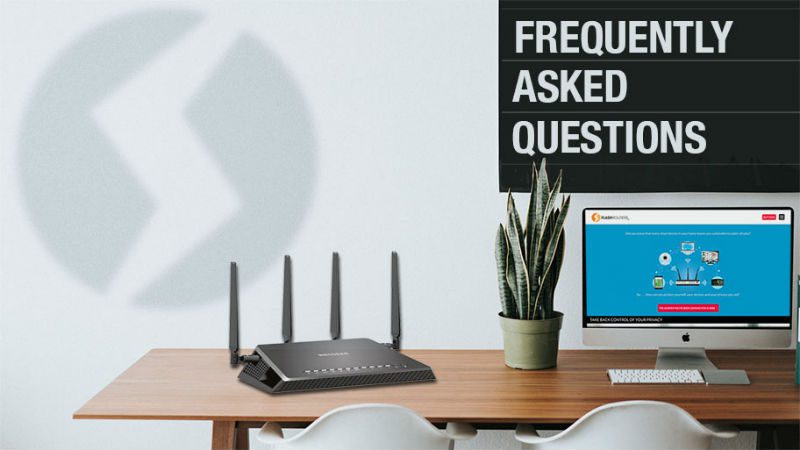Ask FlashRouters – What is the Difference Between VPN Encryption and Wireless Network Security?
At FlashRouters, we believe we have the smartest customers who ask intelligent questions that deserve quick answers. On a daily basis, we receive many inquiries ranging across a variety of topics including wireless networking basics, DD-WRT features, VPN service connectivity, advanced configuration requests, or personalized router recommendations.
If one customer has a good question, there are likely many more people who have the same inquiry and would like to know about the same topic. Therefore, it seems beneficial to share some of these good questions with our blog readers.
So let’s get right into it. To introduce our series, Ask FlashRouters, here’s a question directly from Peter in Oman regarding wireless security and how VPN encryption actually works:
Just to be entirely clear, what about the data as it travels between the device and the router? If, for example, the wireless network were open, would all the said data be unencrypted? And if so, would the use of regular network security (for example, one recommendation for SME/home network “use WPA-PSK security with a random alpha-numeric pass-phrase that’s a minimum of 10 characters long”) enable encryption between the device and the router?
Dave, one of FlashRouters’ master networking experts & support specialists, answered Peter’s question:
If you are connected to the VPN on your home network, then any data that flows over the Internet is entirely encrypted whether you are connected to the Internet either wired or wirelessly. This means that if your Local ISP was trying to see what you are browsing or downloading, they would not be able to see your data as they would if you were connected directly through them. Additionally, any sites that track you based on IP address settings, will not be able to see your location. This encryption security is not be affected by a wired or wireless connection.
However, leaving your wireless network open or unsecure can lead to entirely different vulnerabilities. If someone connects to your home network, then it does not matter whether Internet traffic is encrypted, because someone can directly see what you are doing on your network, even worse, they can go in and put a wireless password on your network, locking you out. They may also be able to access folders and files on your computer without your control.
To summarize Dave’s in-depth explanation, VPN encrypts your outbound Internet traffic, while wireless security protects your local network from intrusions.
Have a question you’d like answered on our blog or just looking for more information on our products and services? We’d love to hear from you because that’s why we’re here, to help you secure and optimize your wireless network!
Have a question? Visit our support center for guides and info.






